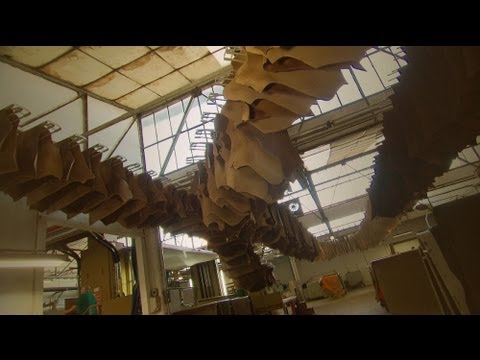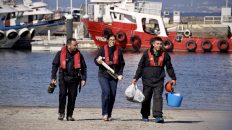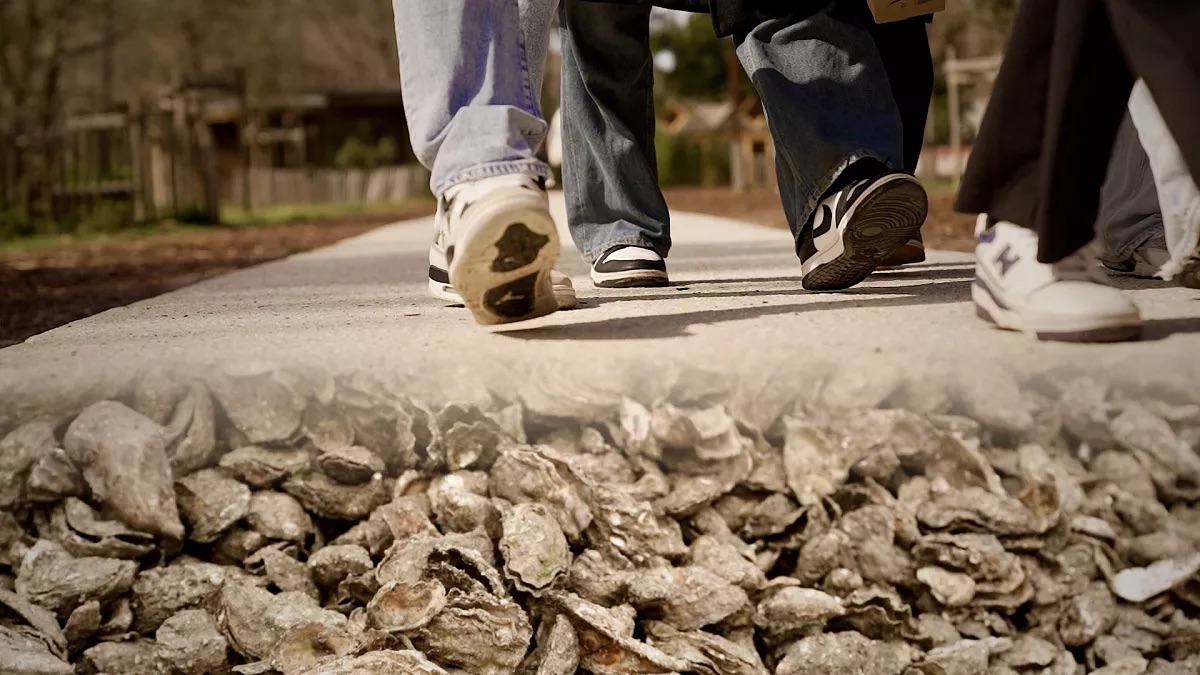This tannery in Silla, Spain, has made its leather production greener and safer with a new technology developed as part of an EU-funded research project.
Managing Director at INCUSA, Silvino Navarro said: “There are many advantages of the titanium-based process; it’s more sustainable as there are larger natural reserves of titanium. It’s also healthier, since titanium is hypoallergenic.
“Our objective within the European Eco-Innovation program is the tanning process based on titanium. It can gradually replace chromium process, currently used around the world.”
In the traditional tanning process, a carcinogenic compound known as hexavalent chromium can form during leather production or storage. Using titanium instead of chomium eliminates that risk, and also makes leather production less polluting.
Mr Navarro said: “The waste water produced in this process of leather manufacturing has better parameters in comparison with traditional tanning. More importantly, this process avoids any residue chromium from the final product, which is even better for the environment.”
The mechanical properties of titanium-tanned leather aren’t inferior to the traditional one, with the added health benefit which could appeal to consumers.
Mr Navarro said: “There are people who are sensitive to chromium-tanned leather, which can cause various kinds of allergies. These people can use footwear made of leather tanned with titanium, avoiding, among other factors, this potential allergy problem.”
Several well-known manufacturers are already selling footwear made of “titanium leather”. The market demand exceeds all expectations.
Mr Navarro said: “At this moment this technology represents 25% of our production, and the markets are very interested in it – such as the watch-making industry, the very important automotive sector, and especially the aviation sector that has a lot of interest.”





